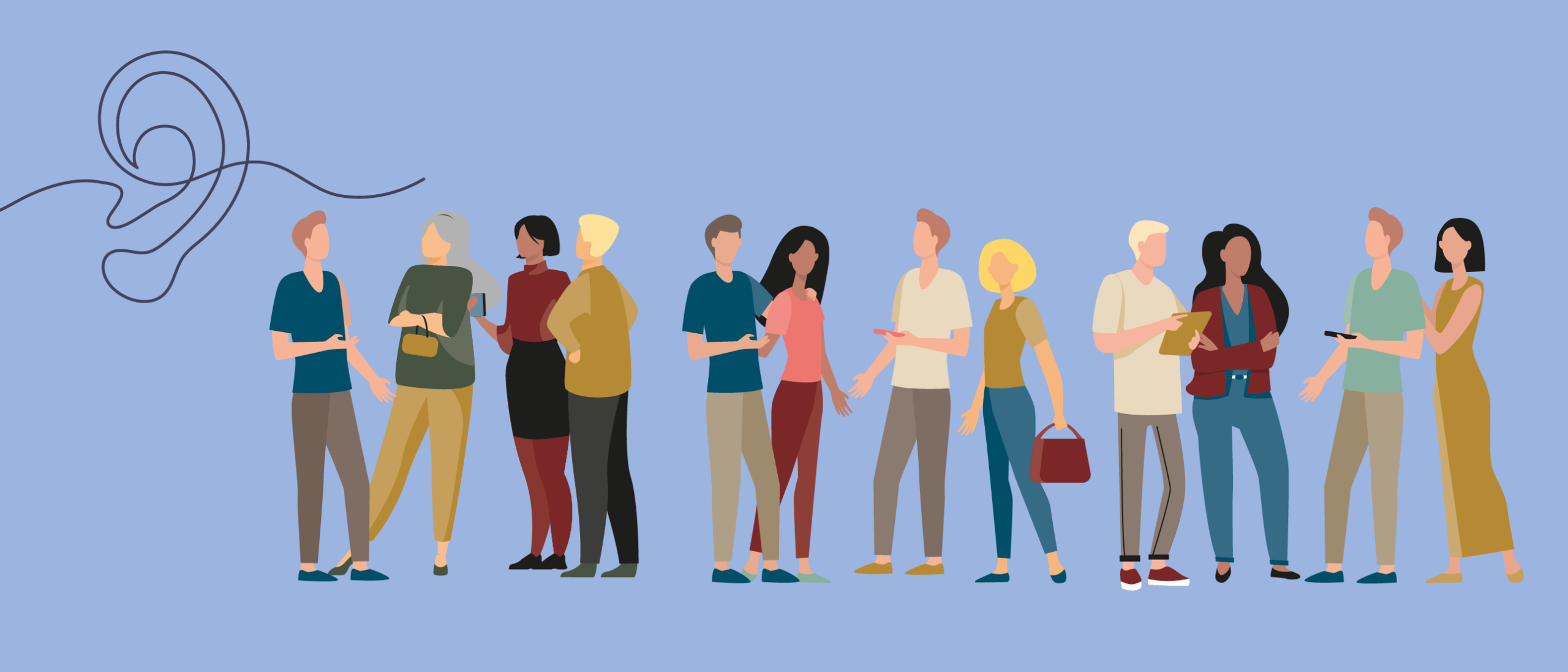Somewhere in the world this ‘worst case scenario’ already exists.
Hydrocarbon spills need to be addressed. Many island nations around the world lack formal (or informal) response programmes for such disasters. Imagine waking up to find your pristine beach and the coral reef right off the coast coated in an oil slick. Tourism dries up. Animals coated in oil are dying on the beach. Your livelihood is ruined. There is an urgency to raise awareness for the need for coastal first response programmes that can be used by developing and under-served island nations around the globe.
In many developing nations, if the offending parties do not take the initiative to clean up after an ecosystem-destroying event, the burden and responsibility to save delicate coastal ecosystems often falls on people who may not have the resources to adequately mount a defensive posture for such a devastating marine event.
We live in the real world. We all know that nothing is perfect, accidents happen and leaks occur. Hydrocarbon spills are one event where we can have an immediate impact by sharing information. And for those of us who believe in evidence-based science, we have a responsibility to share what we know.
Stewardship and Development
The World Federation for Coral Reef Conservation (WFCRC) is a philanthropic effort whose mission is to advance the understanding and conservation of coral reefs through integrated programmes including data gathering and sharing, education, and outreach. WFCRC strives to build active, long-term partnerships with divers, conservationists, the scientific community and local island governments. It aims to minimise the effects of a spill by providing information and training to coastal communities.
WFCRC works with developing island nations and coastal communities to train local authorities and the community and to build formal first response plans, which are the most effective avenue to minimise damage from hydrocarbon spills. It puts critical first response clean-up information, case histories and examples not only in the hands of the managers of Marine Protected Areas, but also of affected individuals. This ensures that local fishermen and coastal constituents around the globe know how to respond when a spill occurs. When these preventive measures are shared on a broad basis, the result will have a positive effect on coastal eco-systems around the world. The best results will come from focusing on events that will have an impact whose effect is measured in years, not lifetimes.
In additional to local training seminars, WFCRC (www.wfcrc.org) shares first response information via its live GIS dashboard and geoportal, which is useful for identifying large-scale threats to reefs, and allows researchers to identify those that are in the most trouble. Drone technology with on-board spectral sensors makes visualisation, coral inventory, change management, and beach erosion a more informed decision process.
It is unlikely that coral reefs will be able to survive a marine disaster like an oil spill when combined with current issues like global warming, acidification, coral bleaching and habitat loss if we do not enact first response action and preparedness plans now.
WFCRC has developed several programmes focused on coral reef conservation that use current technology and create a worldwide coastal network of like-minded people. This grassroots, philanthropic organisation was developed with the goal of increased awareness for the health, safety, and sustainability of coral reefs on a global scale. As an organisation we feel that preserving our sub-aquatic environment is extremely important and something that we, as a global society, should take seriously for the benefit of future generations. We seek a balance between stewardship and development and feel that by helping to preserve marine ecosystems we are doing a service to everyone in our global community, specifically those who rely on the ocean for their livelihood. We are also preserving these delicate ecosystems for future generations to experience and enjoy.





